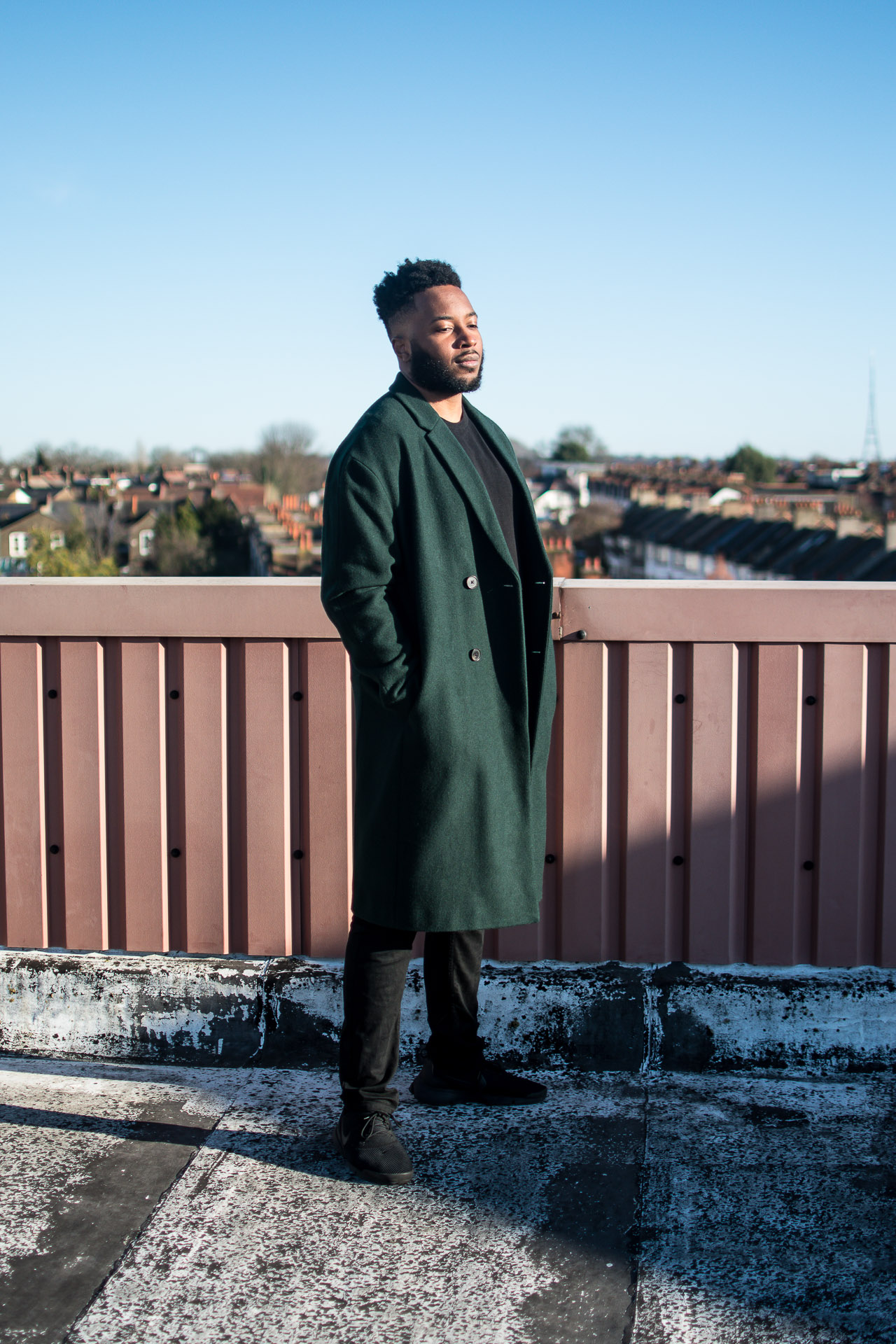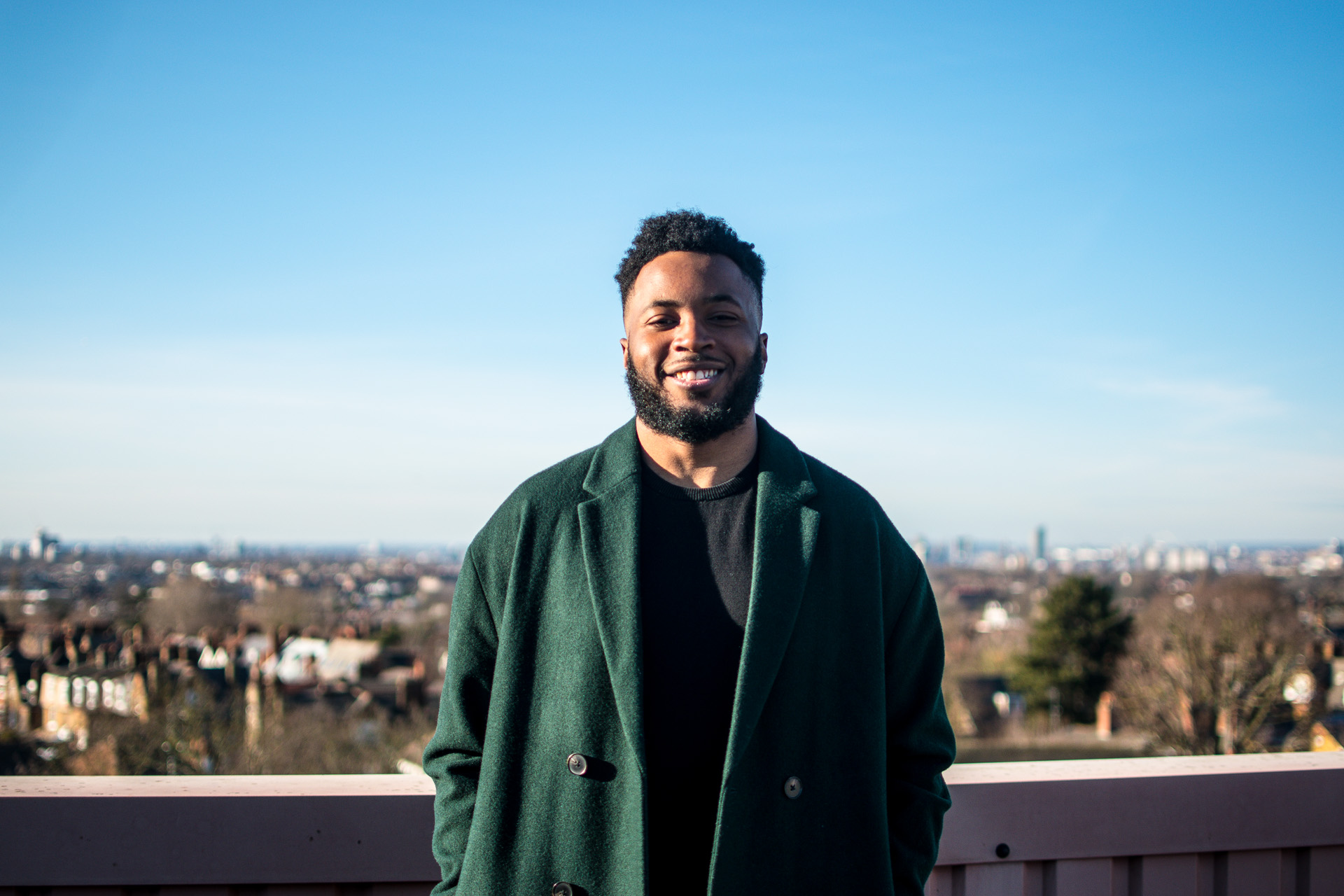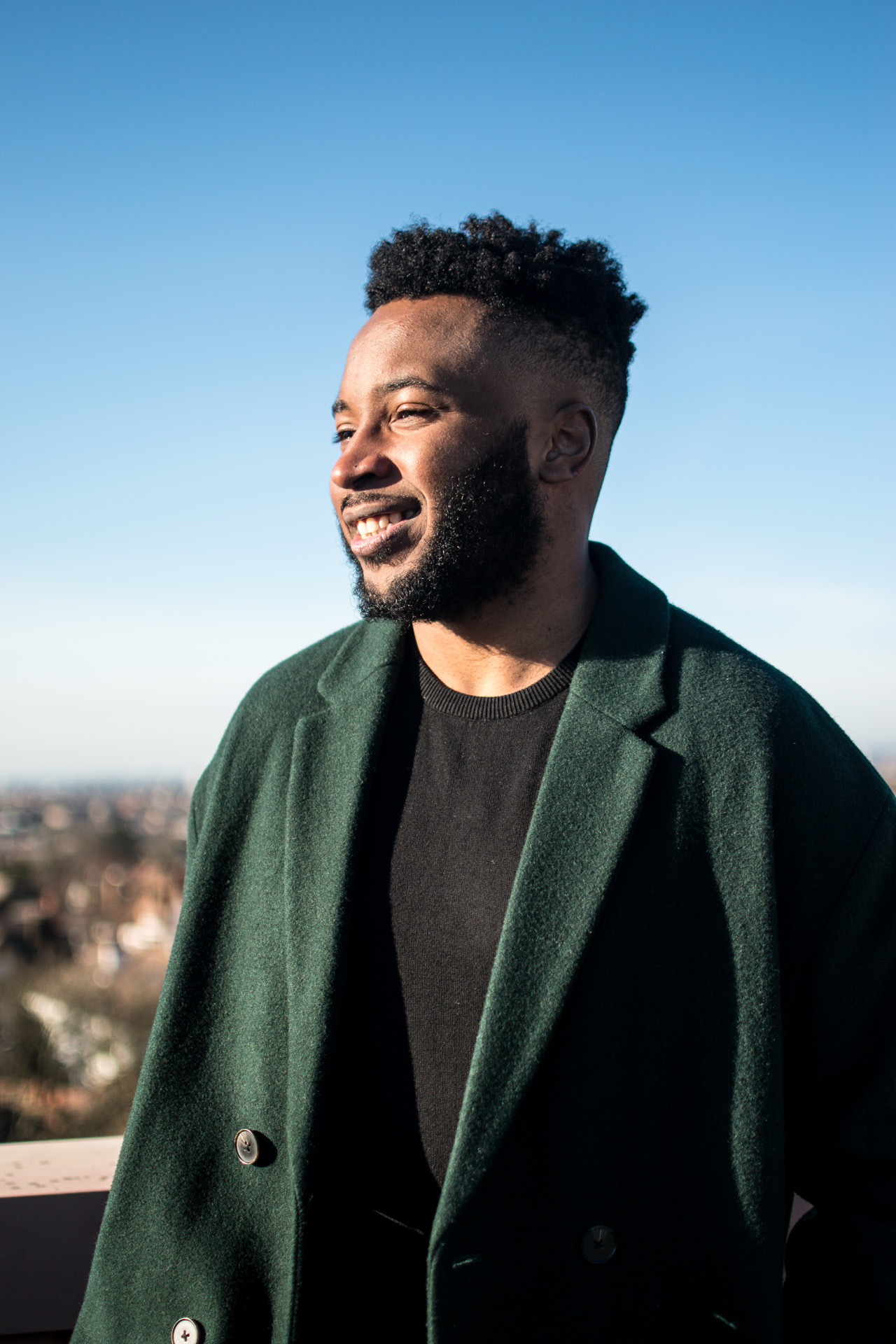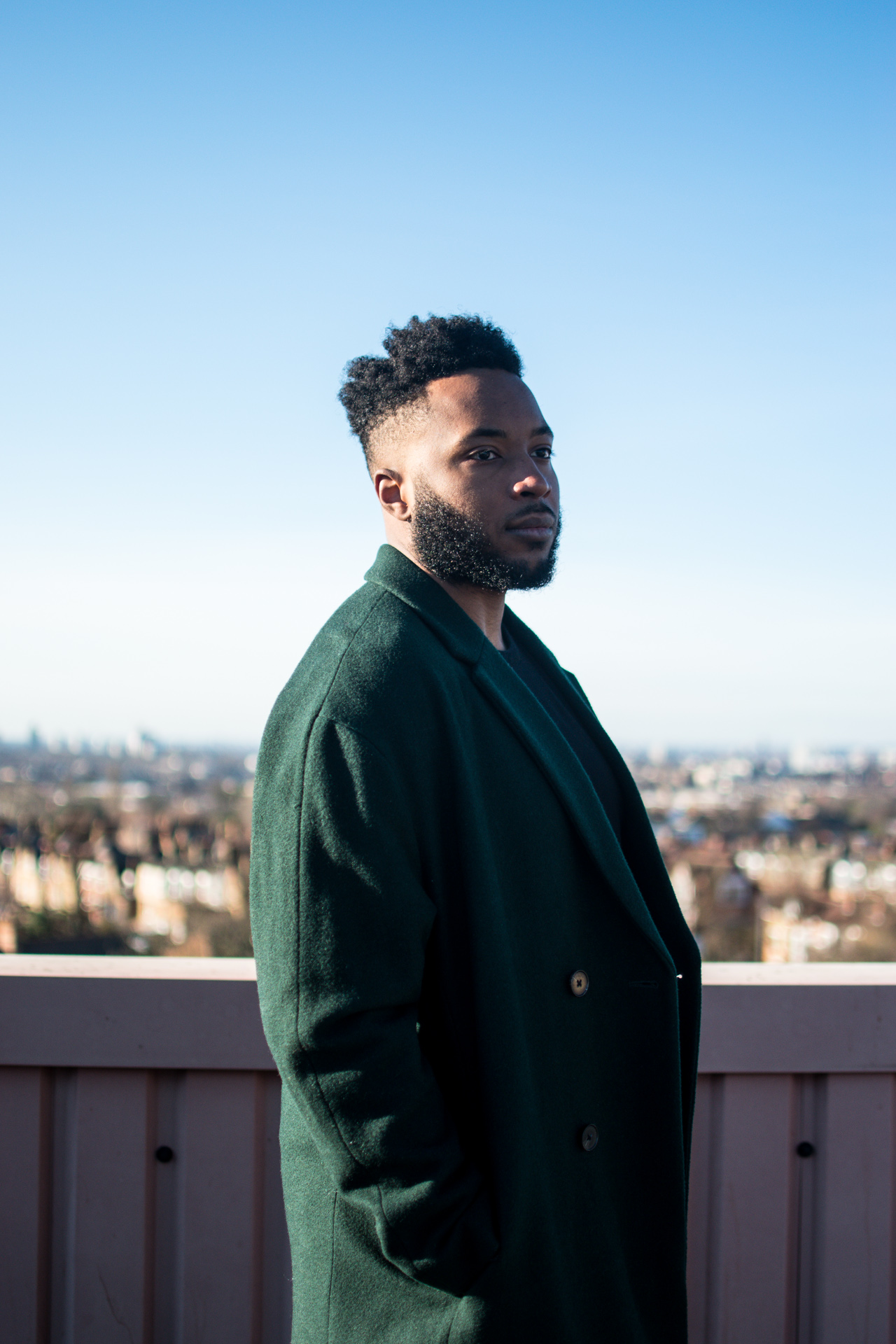Josh
Josh, 26
Ethnicity: English + Nigerian (Yoruba)
City/County grew up in: Birmingham
City/County of residence: London
*audio below
Describe your heritage
So my heritage is Black British Nigerian. I’m ¾ Yoruba and ¼ English.
What to you, makes you Black British Nigerian? How do you define it?
I think Black British Nigerian is defined by the fact that I guess first and foremost we have the best of both worlds, where we navigate that Nigerian experience within the home, but also everything else when we go out and about; our education, the kind of media that we consume is British as well, so we kind of have that mix, a Venn diagram of identities where we’ve got that mix and that’s what makes us Black British – that bit in the middle.
What challenges do you/have you faced that relate to your identity as a Black British Nigerian?
I think going back to what I said before about the Venn diagram is that we’re also in the middle. So we’re not Nigerian enough for people back home, but then we’re also not British enough for British people here as well, so we’re in the middle, almost in a limbo area where we don’t really have that acceptance from both sides of our identity.
What do you love about being Black British Nigerian?
I love being, first and foremost, Nigerian. The culture is so great, I think we as a people are so great. We’re not without our problems but we’re just a different set of people and it’s so fun. Anyone who’s grown up as a Nigerian will know how lit it is to be a Nigerian.
Do you think this country values your identity?
I think that because there are a lot of us here, we mange to breakthrough into a lot of different fields. Wherever you go, because there’s so much of us, we break in; we’re in arts, we’re in culture, we’re in finance, we’re in all these different fields – medicine, as well. Because we do value the aspect of hard work, we are in those places, so we are very visible in the UK in those kind of scenes. Maybe not as much as we would like to be at the moment, but I think we’re recognised in that respect. You will always recognise a Nigerian name as one of the big kind of things, big kind of people in those industries.
What does the future look like for Black British Nigerians - what are your hopes for us?
I’ve got a lot of hope. I think for Black British Nigerians we’re already heavily prominent within sport. I’m excited to see that continue – we’ve got people coming through all the time like Alex Iwobi who plays for Arsenal, we’ve got Kelechi who plays for Leicester City as well, so we’ve got all these big names that come through in sport, but also to see those come through especially more prominently within the creative industries as well. I think traditionally we’re very focused on “You must get a useful degree” in Medicine, Mathematics, Physics, whatever, but to see Black British Nigerians doing their thing in the creative industry is something that I’m most excited about, and it’s something that also I’m really aspiring to being as an aspiring videographer/storyteller.









